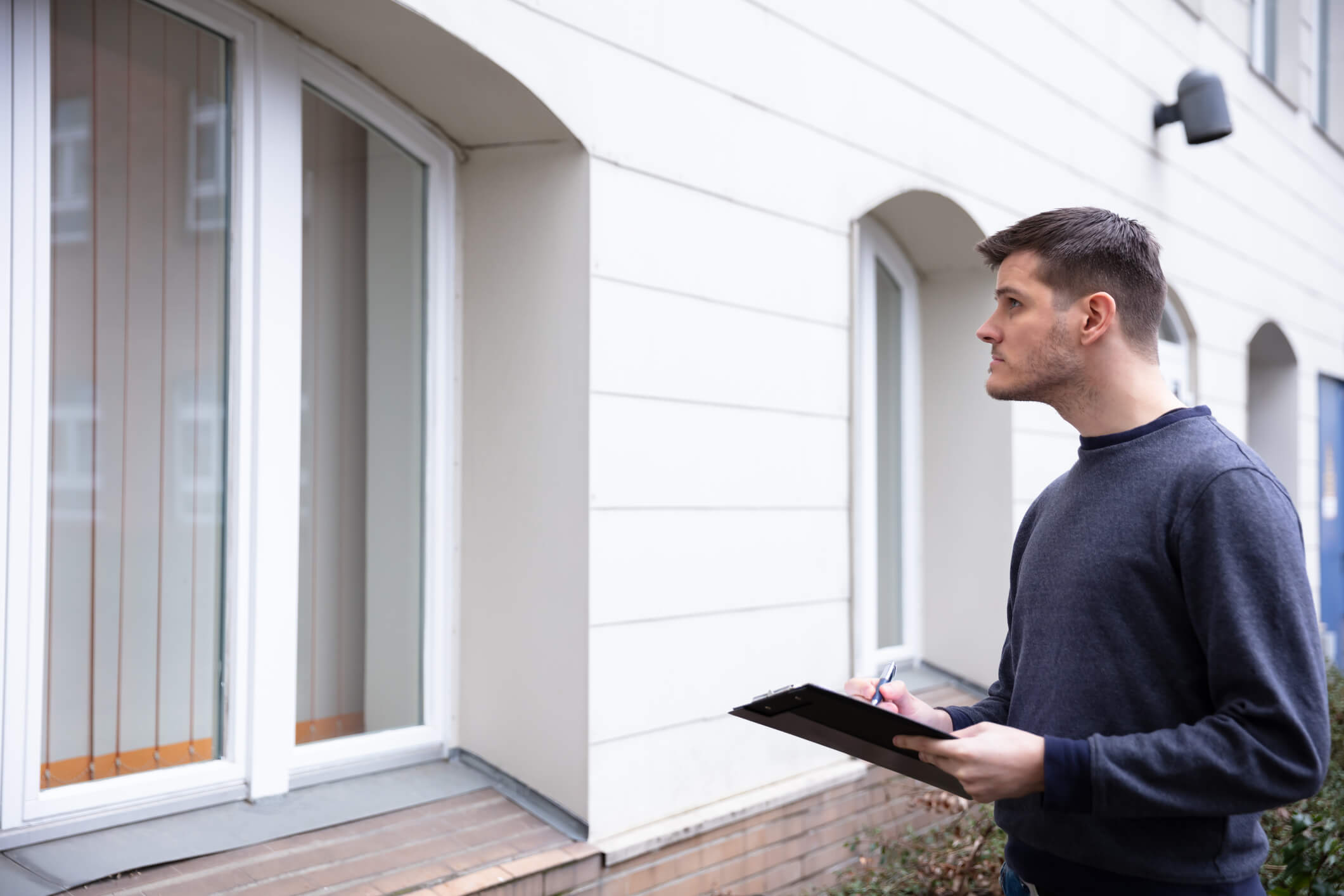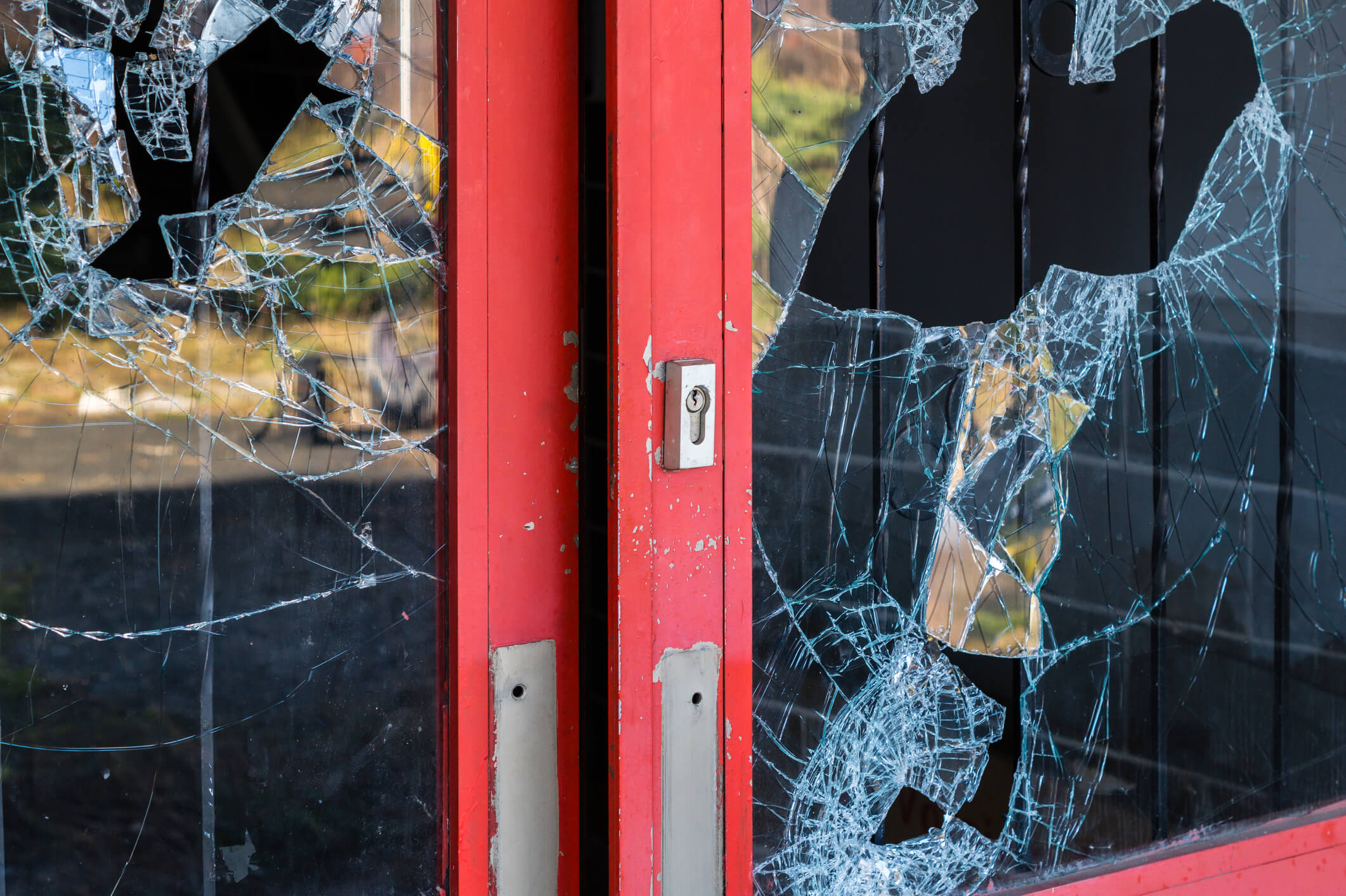
As a landlord in Riviera Beach, FL, you should want to make sure that you are doing everything in your power to avoid tenant disputes over wear and tear. These disputes can be costly and time-consuming, and they can also damage your relationship with your tenants.
As a landlord, you are responsible for ensuring that the rental property you own is livable. Your responsibility implies that you must make sure that the rental property is clean, safe, and well-maintained. It's critical to ensure that the condition of the property meets all local building codes and health standards. If there are any problems with the rental, you are responsible for fixing them promptly.
Tenants are responsible for minding the rental property and keeping it in good condition. Their responsibility includes cleaning up after themselves and promptly reporting any repair needs to you. Tenants need to ensure they don't do damage to the property through their negligence.
If there is damage to the rental property caused by normal wear and tear, it is your responsibility to repair it. However, if the tenant's negligence causes the damage, the tenant will be responsible for correcting it.
It's essential to understand what constitutes “normal wear and tear” and tenant negligence.
Understand Normal Wear and Tear Versus Property Damage
“Normal wear and tear” describes the gradual deterioration that occurs over time with use. It is important to note that normal wear and tear is not the same as rental property damage, and tenants are not responsible for repairing or replacing items that suffer normal wear and tear.
Examples of normal wear and tear:
- Walls getting dirty from fingerprints
- Carpets wearing down over time
- Furniture fading in the sun
- Blown light bulbs
- Toilets leaking
- Windows getting cloudy due to weathering
- Faded paint on walls
- Closet doors off track
On the other hand, rental property damage is any intentional or accidental damage. Landlords may want the responsibility of repairing tenant damage to ensure quality work but may charge tenants for the cost of repairs.

Examples of property damage beyond normal wear and tear:
- Holes in the middle of the door
- A broken window or mirrors
- A stain on the carpet that professional carpet cleaners can't clean
- Scratched floors that mopping, waxing, or polishing can't buff out
- A tenant leaves trash or items behind, and the landlord must pay to remove it
- Unauthorized alterations to paint décor or floors
It's essential to recognize the difference between property damage and normal wear and tear, as this will help you avoid tenant disputes over who is responsible for repairs.
Be Clear in Your Lease Agreement Regarding Normal Wear and Tear
When it comes to avoiding tenant disputes, communication is vital. It’s best to be clear with your tenants about what is considered normal wear and tear and what is considered property damage. The best way to do this is to include a detailed clause in your lease agreement that outlines your expectations for how tenants should care for the property.
This clause should include things like:
How many people are allowed to live in the unit?
Are pets allowed?
Do you have a smoking policy?
What kind of alterations or decorations are allowed?
What type of furniture is not allowed?
How should the tenant report repair needs?
Who is responsible for AC unit filters?
You should also include a clause that outlines your policy on normal wear and tear versus property damage. This clause should clearly state that tenants are responsible for any damage they cause beyond normal wear and tear.
If you find any damage during your walk-through inspection, note it, and discuss it with your tenant. Documentation will help avoid future debates about who is to blame for the problem.
Move-In and Regular Inspections Help Define Wear and Tear
Move-in inspections with the landlord and tenant are always a great idea.
Before your tenant moves in, walk through the house with them. A pre-move-in inspection of your Riviera Beach, FL, rental property will allow you to document the property's condition and provide the tenant with a clear view of typical upkeep and maintenance.
Routine inspections can help you as the landlord identify potential problems early on and address them before they become more significant.
If you find damage during your inspection, document it and discuss it with your tenant. Proper documentation will help avoid disputes later about who is responsible for the damage.
By doing move-in and regular inspections, you can keep a close eye on the condition of your property. These quarterly or mid-year inspections will allow you to catch any damage that the tenant has caused so you can address it immediately.
It's essential to give your tenants advance notice before you inspect. As a landlord, your lease can include a clause that outlines how often you will be doing an inspection.
Tips for maintaining rental unit, so it doesn't suffer excessive wear and tear:
- Do regular maintenance and cleaning, like fixing dripping taps, unblocking gutters, and maintaining the garden, so it doesn't become overgrown.
- It is better to repair something as soon as it breaks.
- Encourage your tenants to report any maintenance issues as soon as they occur.
- Inspect the property regularly and document its condition.

Keep Detailed Records of Repairs and Maintenance
Keep detailed records like photos, videos, or written reports whenever you do an inspection or repair. This proof will give you something to fall back on if there is ever a dispute over whether the tenant caused damage by normal wear and tear or negligence.
You should also keep records of any communication you have with your tenants. Interactions include things like emails, text messages, or letters. These records can be helpful if you ever need to take legal action against a tenant.
Other Common Tips to Avoid Disputes Between Landlords and Tenants
By being clear about your expectations and maintaining detailed records, you can protect yourself from potential liability from bad tenants.
Upon moving out, if you discover property damage that goes beyond normal wear and tear, you may have the right to withhold a portion of the security deposit to cover the cost of repairs.
However, you need to prove that the tenant caused the damage and not due to normal wear and tear. That is why having detailed records will come in handy.
Robust Tenant Screening in Riviera Beach, FL
Tenant disputes are unfortunately quite common in the property rental business, but there are ways that you, as the landlord, can protect yourself from them.
One of the best ways to avoid tenant disputes over wear and tear is detailed tenant screening. Ensure that you are running credit and criminal background checks on all potential tenants. You should also require each tenant to provide references from previous landlords. By taking these precautions as a property owner, you can help ensure that you are renting to responsible tenants who are less likely to cause damage to your property.

Tenants' Security Deposit Can Help Pay for Property Damage
Another way to mitigate tenant disputes is to require a security deposit. Landlords can use this deposit to cover any damages that the tenant causes during their tenancy. Be sure to clearly state what types of damages will be covered by the security deposit in your lease agreement.
Other things to know about security deposits:
- The maximum amount you can charge for a security deposit in most states is equal to one or two months’ rent.
- You will need to put the security deposit in a separate bank account and cannot use it for any other purpose.
- You must return the security deposit to the tenant within a specific time frame after moving out (usually 30 days).
You can avoid most disputes with your tenants over wear and tear by following these guidelines. By being clear about your expectations and screening your tenants carefully, you can minimize the risk of damage to your property. And if damage does occur, having a security deposit can help cover the cost of repairs.
The landlord's responsibility is to maintain the property in a livable condition, but the tenant is responsible for damages that they cause. By being clear about your expectations and keeping detailed records, you can help to protect yourself from potential liability.
At Home Property Management II, our property managers understand the importance of avoiding tenant disputes. Our comprehensive property management services help landlords protect their real estate investments, minimize risk, and maximize profitability.
Contact us today to learn more about how we can help you avoid tenant disputes in the Palm Beach and Martin County areas, including Riviera Beach, FL.













